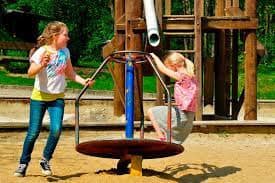A will or living trust is a legally binding contract that expresses the wishes of a deceased person as to how their estate is to be divided following their death and who is to receive the estate until the final distribution. When a person dies, their will is typically prepared by a member of the family or friends called an executor. Afterward, it is presented to a probate court in the county where the deceased resided for validation. The probate court then reviews the will and decides if it is valid and enforceable or not. If it is valid, it is entered into the probate court record and the execution begins. To get one try Bees and Co the Wills Cheltenham based associates.
In England, during the time of William the Conqueror, the Will had many modifications from country to country. Much of the Will draft from the times of William the Conqueror was done by individual nobles. The wills of these Nobles were referred to as “bills of full.” This is because, much like today’s conveyancing process, it was important to have the right person sign the document to ensure that it was executed properly and therefore there was financial security for all beneficiaries under the will. This form of execution became known as “personal parishes,” or “household parishes.”
In cases where the testator did not live to execute their will, their executor was responsible to making the necessary filings with the Probate Court on behalf of the decedent’s estate. These forms of executions are now known as “letters of administration.” Letters of administration also vary from one jurisdiction to another and can differ depending on state probate laws. As one can see, the process of wills in America had a dramatic difference from the procedures followed in Europe and the rest of the world.





